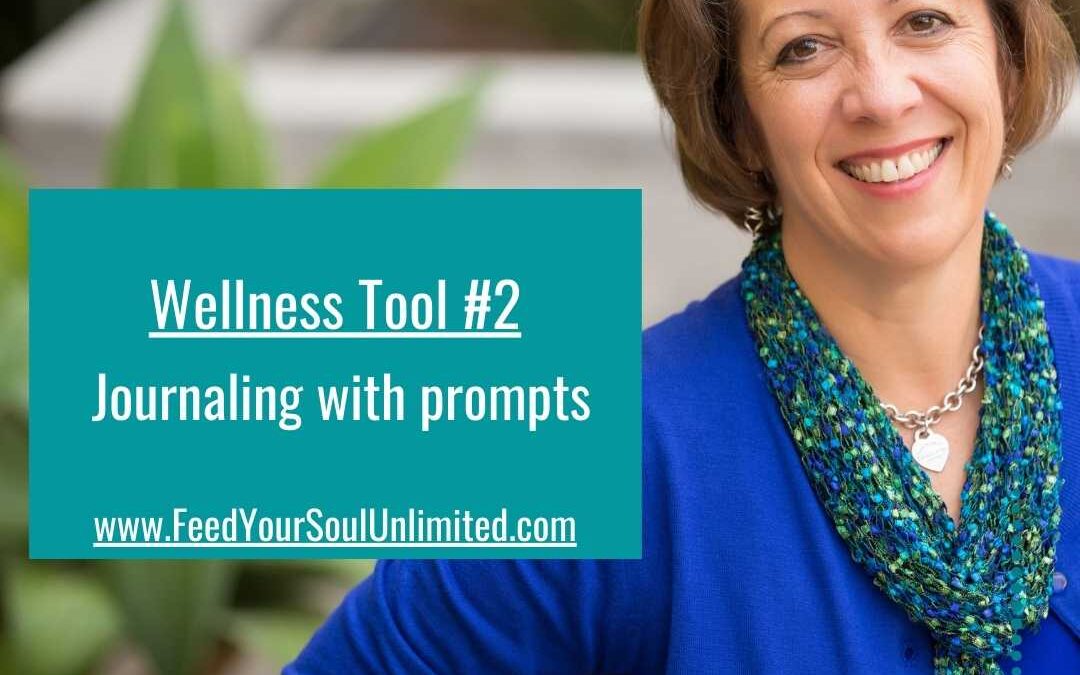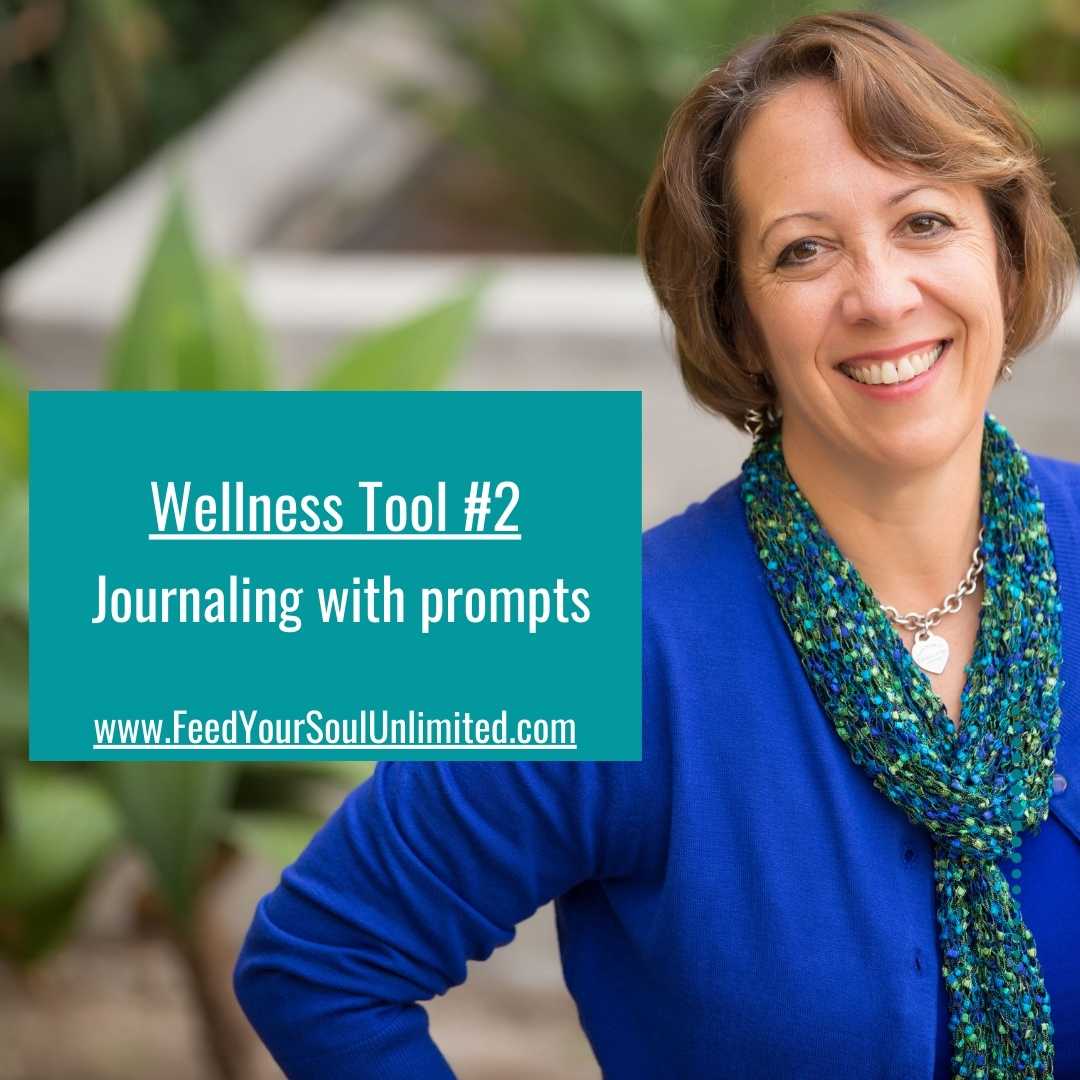Recently, I asked my community what their challenges with food were and what they wanted me to talk about. One hundred percent of the people polled said they needed to hear more about emotional eating.
 Interestingly, when I talk to people about emotional eating, initially they do not think they are an emotional eater.
Interestingly, when I talk to people about emotional eating, initially they do not think they are an emotional eater.
They think they just eat because they have not found the right diet or they just like food too much. Once we talk about the ins and outs of emotional eating they resonate with the concept.
This occurred so much that I created the Am I an Emotional Eater Quiz (you can take the quiz here).
One way to determine if you are an emotional eater is to start noticing when do you eat. This can be extremely hard to do. If you have a history of eating mindlessly then noticing feelings that lead to overeating is exceedingly difficult.
Another way to determine if you are an emotional eater is to look at what you are saying to yourself about food. Do you criticize yourself about your food choices and say they are “good or bad foods”? These thoughts engage the part of your brain that wants to stay stuck. Really food is food, there is no good or bad food.
Emotional eating also comes when we eat from emotional hunger, not physical hunger. I have talked on the Feed Your Soul with Kim podcast and in my blog about the Four Hungers.
I think it can be helpful to know the basics of the different kinds of hunger, so you can start noticing what might be leading you to overeat.
Basically, the Four Hungers are:
- Tummy Hunger- the feeling of hunger in your stomach.
- Heart Hunger- this is the emotional hunger.
- Mouth Hunger- the yearning for the taste of a certain food.
- Head Hunger- the thoughts of food in your head.
As I stated before we are an emotional eater, we mistake emotional hunger for physical hunger. Responding to emotions for our clues to eat, will generally lead us to overeat.
What is the difference between physical hunger and emotional hunger?
*Emotional hunger can be strong and can feel overpowering. It’s so easy to mistake it for physical hunger. But there are clues you can look for to help you tell physical and emotional hunger apart. Start noticing what your body feels like when you are physically hungry. Some of my clues are my tummy grumbles, low energy, mood starts to dip.
*Emotional hunger strikes you suddenly. Bam! It hits you quickly and it feels overwhelming and urgent.
Physical hunger, on the other hand, comes on more gradually, if you are paying attention to it. The urge to eat doesn’t feel as dire or demand instant satisfaction (unless you haven’t eaten for a very long time).
*Emotional hunger generally turns into mindless eating. You will tend to eat to overfull before you even notice what you are doing. You might have an agreement with yourself that you will only have one or a little, but you end up eating it all.
I hear stories all the time (this is my story too) where you have a container of ice cream and it is gone in one sitting. When you are eating for physical hunger, you can feel in control, conscious and empowered with food.
*When eating from emotional hunger you do not feel satisfied when you are full. You will notice you are full, but not want to stop. This is when we say, “It tastes so good, I did not want to stop.”
When eating from physical hunger, you don’t need to get overfull, because you feel physically satisfied. You have satisfied the physical hunger. You cannot satisfy emotional hunger with food.
*Emotional hunger isn’t located in the stomach. It is a sense of overwhelm and you cannot get the thought of eating out of your head. You feel compelled to eat, not matter what your physical hunger might say. You cannot talk yourself out of it.
Physical hunger is grumbling in your tummy or a hunger pain. You physically feel this type of hunger, it is not emotional.
Now that you have learned more about emotional eating it can be time to take some action. Here is a step to take NOW:
I know that overeating can be a tough problem and the solution takes one step at a time. The first step is to take the Am I an Emotional Eater quiz. After you have taken the quiz, look at the questions you have said yes to. Could it be that you are an emotional eater? If the answer is, yes, congratulations you are moving in the direction of peace with food.
Kim McLaughlin, MA is a Counselor, Speaker, Podcaster, and Inspirational Coach who specializes in working with people who suffer from binge eating and emotional eating. She is a Certified Intuitive Eating Counselor.
She is the author of the book Feed Your Soul Nourish Your Life! A Six Step System to Peace with Food and the Amazon #1 Best Selling book Discovery Your Inspiration.
You can find Kim on her podcast Feed Your Soul with Kim and you can find it on all podcast platforms. Listen to the podcast focused on emotional eating here.
Determine if you are an Emotional Eater by signing up for the free Am I an Emotional Eater Quiz at https://kimmclaughlin.influencersoft.com/FYSU-EE



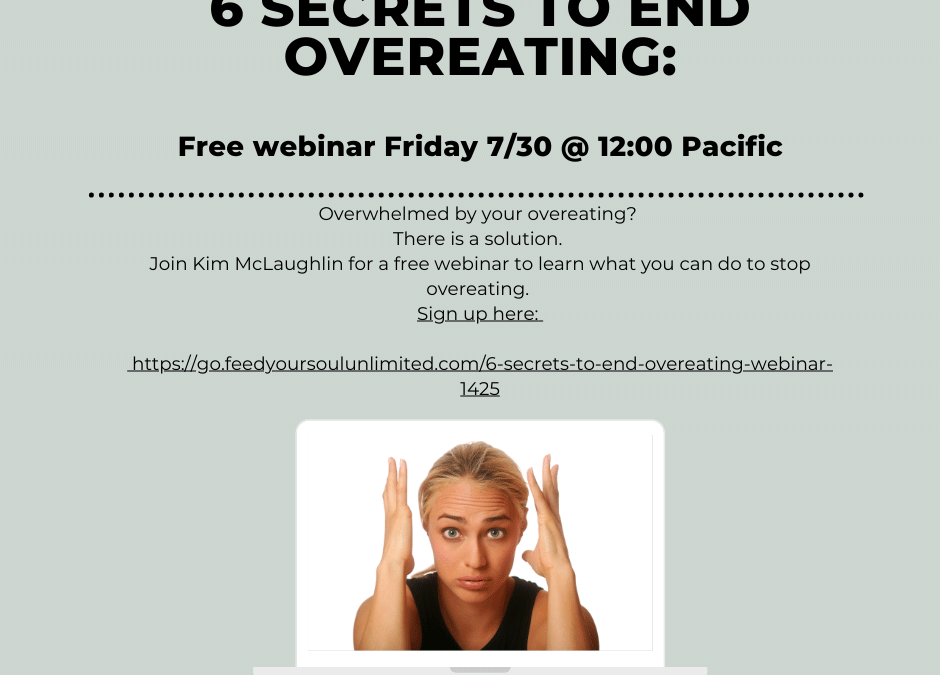
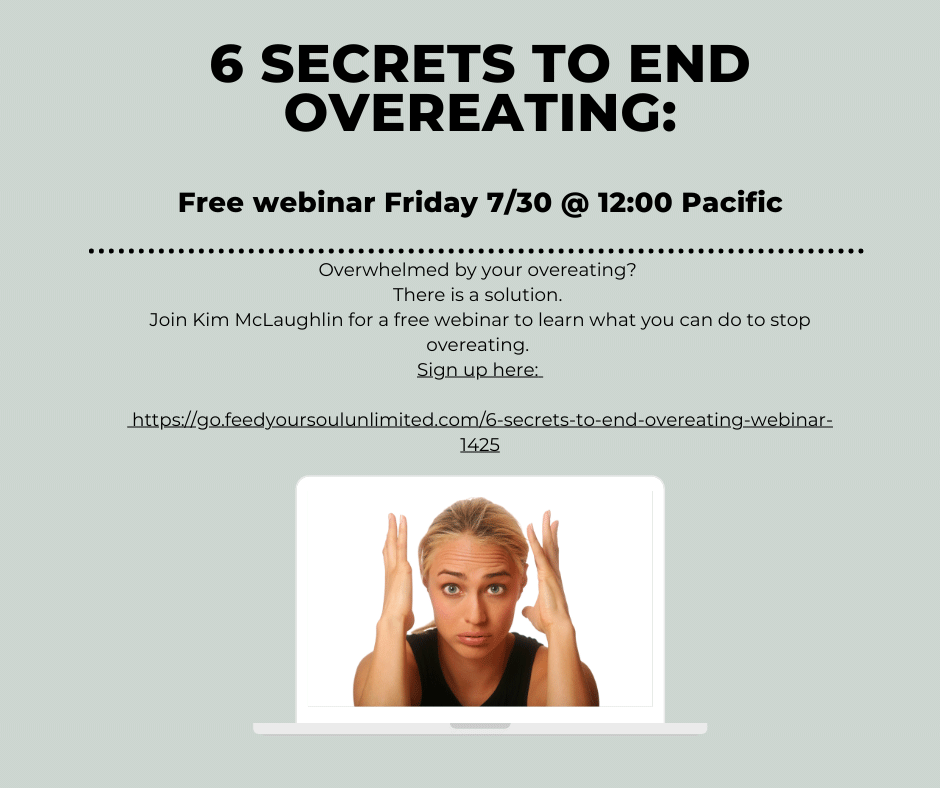
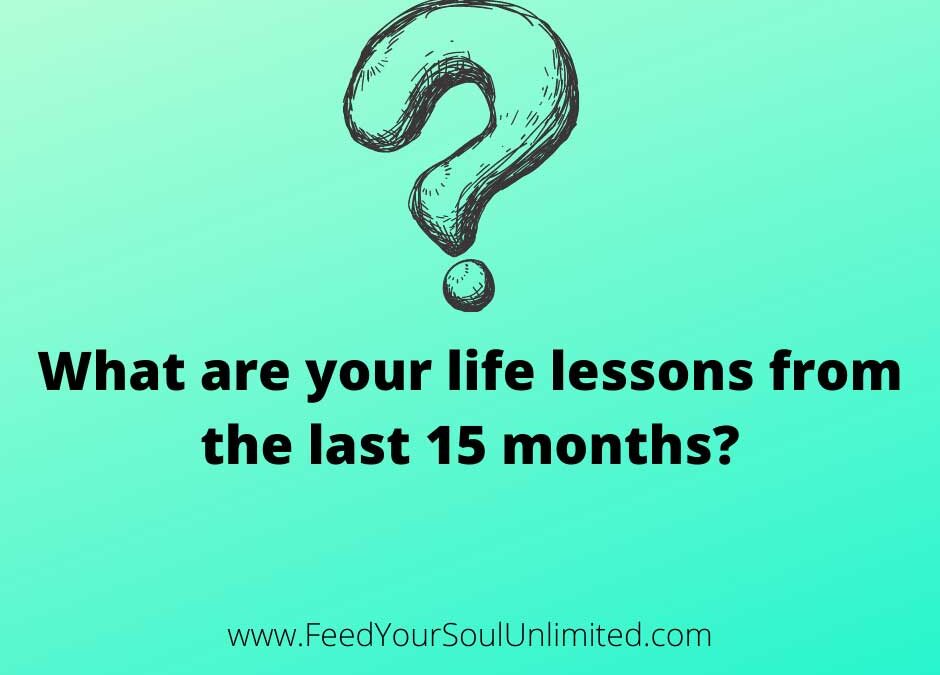
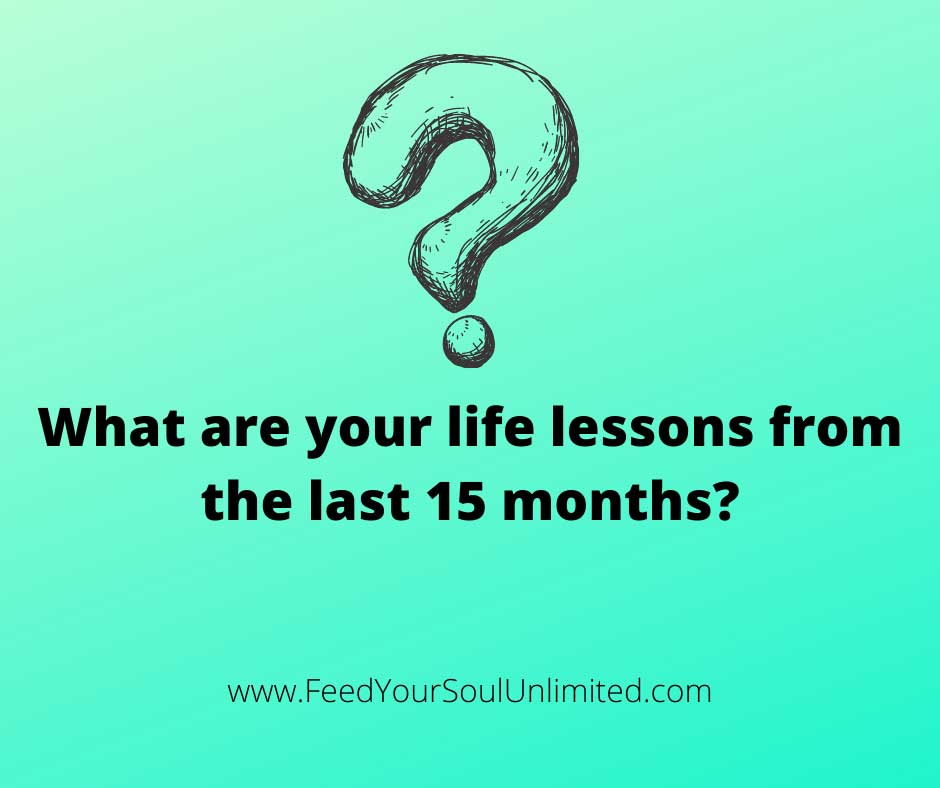
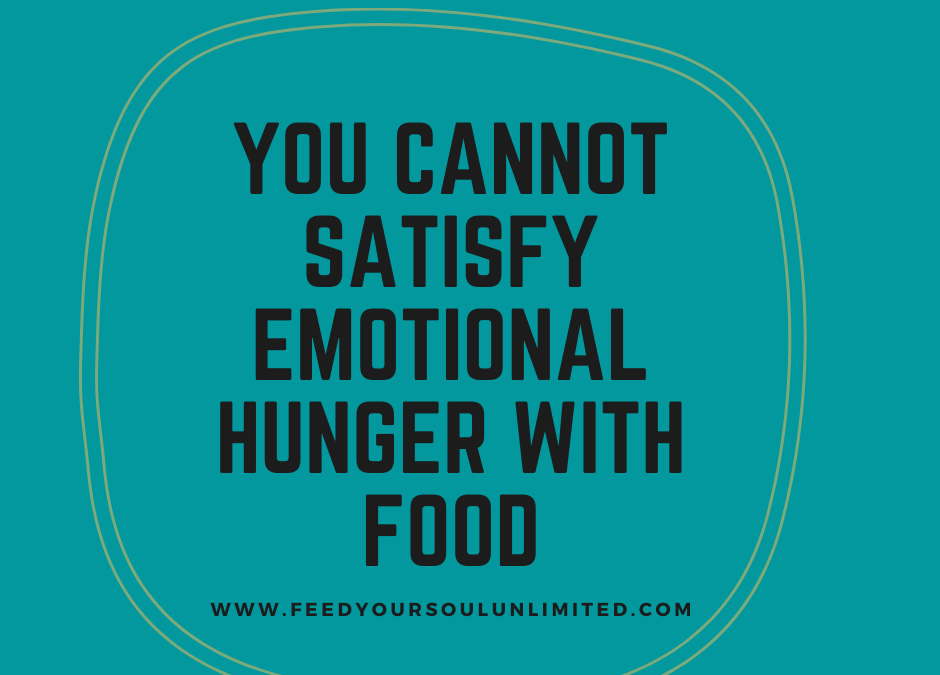
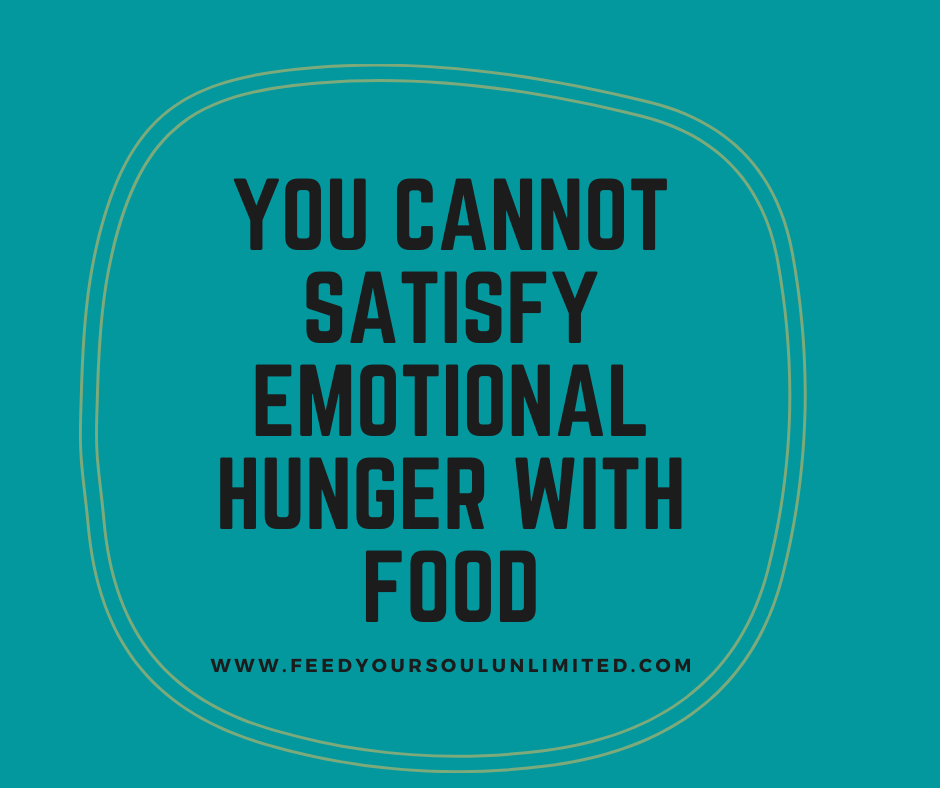 Interestingly, when I talk to people about emotional eating, initially they do not think they are an emotional eater.
Interestingly, when I talk to people about emotional eating, initially they do not think they are an emotional eater. 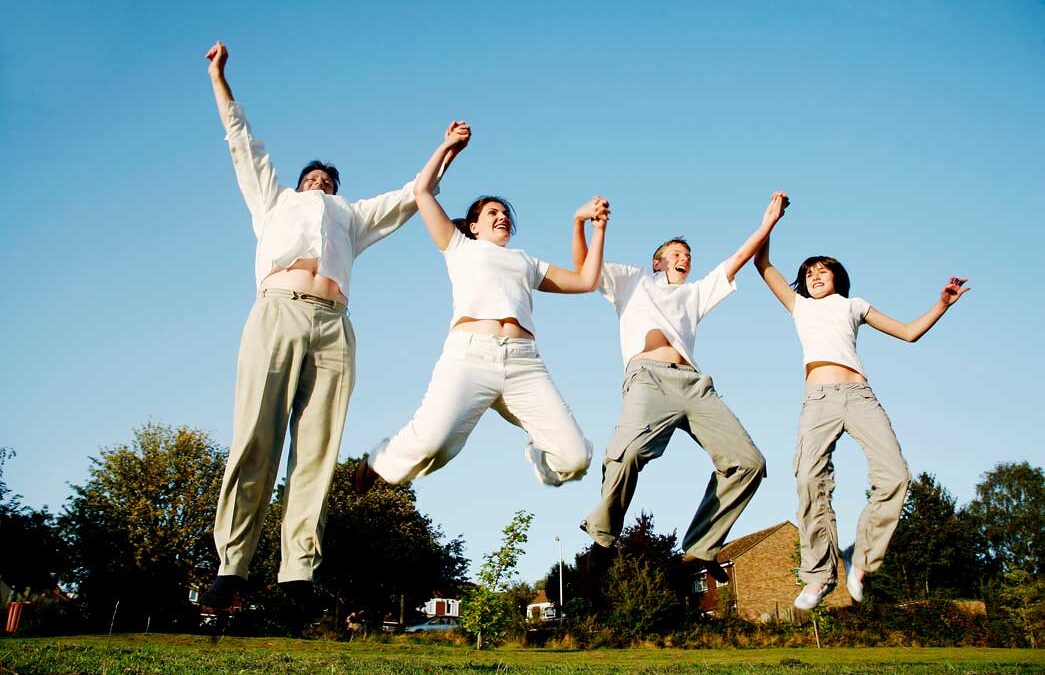
 Not sure how happy you really are? One way to determine your happiness is to take the Subjective Happiness Scale (
Not sure how happy you really are? One way to determine your happiness is to take the Subjective Happiness Scale (